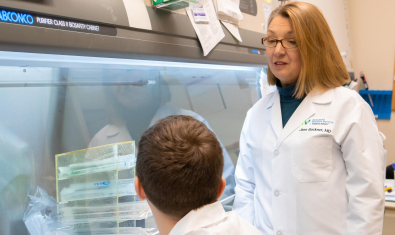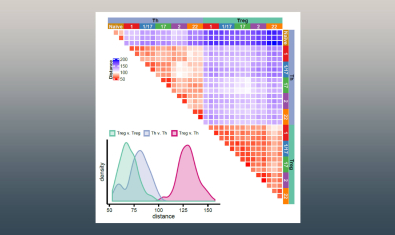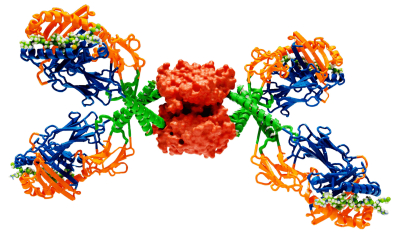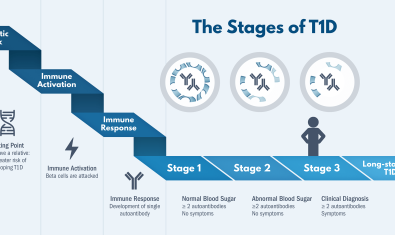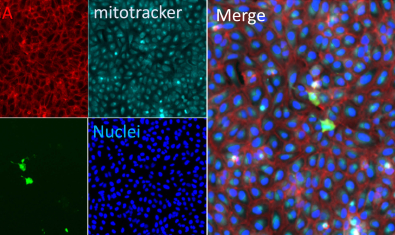What is the neurologic disease biorepository?
The Multiple Sclerosis - Neurological Diseases Biorepository is a confidential list of people with multiple sclerosis (MS) and other neurological diseases who are willing to donate samples and provide health information for scientific research.
Scientists use this information to understand how and why MS and other neurologic diseases happen, and make progress toward better treatments and prevention. All of the information gathered is kept confidential, and samples and health information are coded with numbers, not names.
We are also looking for family members of all ages who do not have a neurologic disease other immune-mediated or autoimmune diseases, to join our Healthy Control Biorepository.
Participating in research typically involves a 45- minute to -one- hour visit to BRI in downtown Seattle. Our team will collect a blood sample and ask questions about your personal and family medical history. All samples and information are kept confidential. Learn more: Biorepository FAQ
Learn more about multiple sclerosis.
Participate in Neurologic Disease Research
We are currently enrolling individuals, age 18 and older, with a diagnosis of multiple sclerosis who are and are not receiving immune-modulating treatment.



